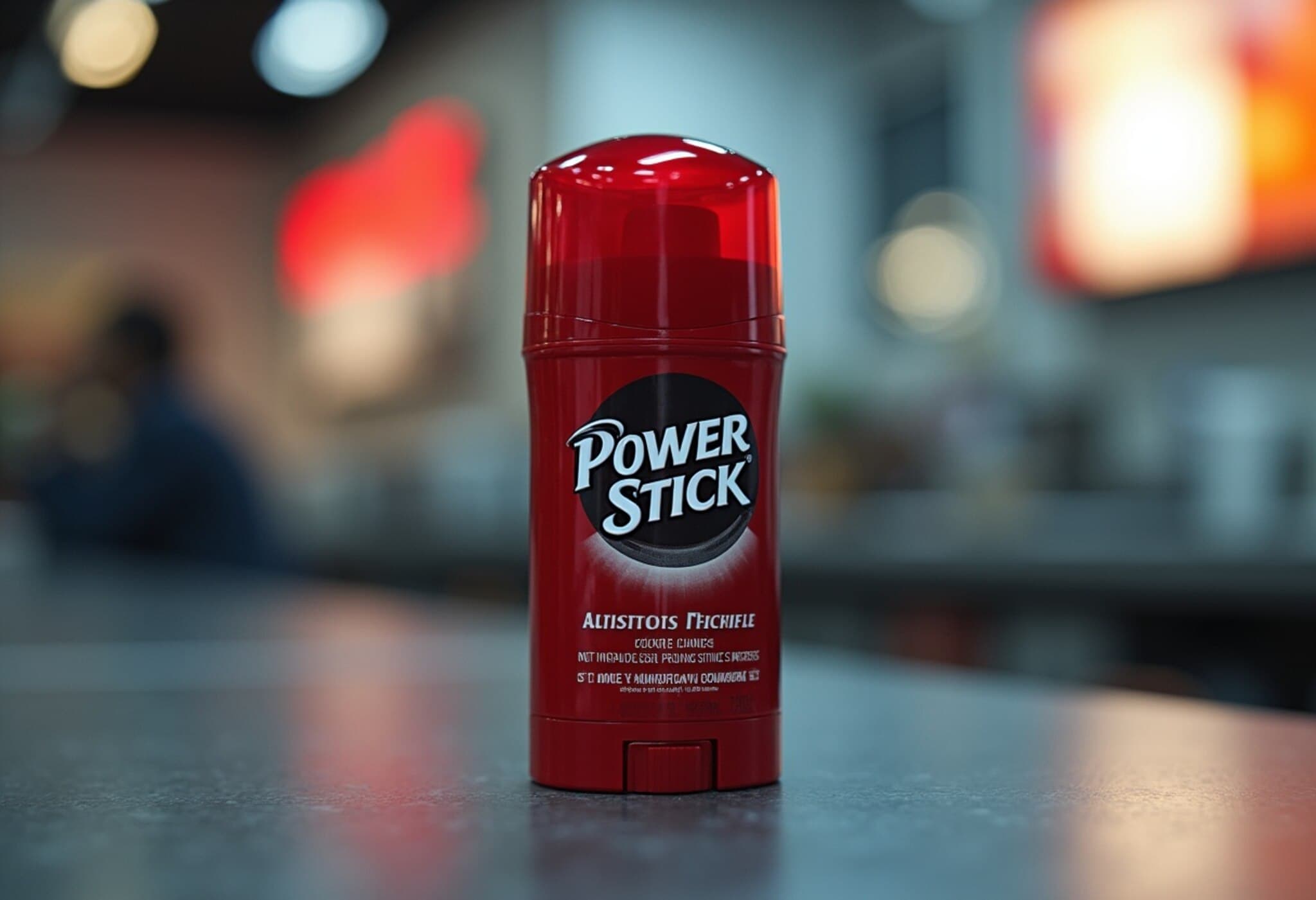U.S. Health Officials Announce Removal of Mercury-Based Preservative from Flu Vaccines
In a landmark decision stirring both the medical community and public discourse, the U.S. Department of Health and Human Services (HHS) announced on July 23, 2025, the phase-out of the mercury-containing preservative thimerosal from all influenza vaccines distributed nationwide. This move comes despite decades of scientific evidence disproving any harm caused by thimerosal.
Background: What Is Thimerosal and Its Role?
Thimerosal, a mercury-based compound, has long been used as a preservative in multi-dose vaccine vials to prevent bacterial contamination. While the majority of flu vaccines distributed in recent years have already been thimerosal-free, this policy change eliminates the last few vaccines containing the preservative, which comprised roughly 4% to 5% of the flu vaccine supply—primarily multi-dose vials of Fluzone by Sanofi and some shots from CSL Seqirus.
The Policy Shift: Driven by Vaccine Panel Recommendations and Leadership
Secretary of Health and Human Services Robert F. Kennedy Jr., a figure who has previously voiced skepticism toward vaccine ingredients, officially embraced the June 2025 recommendation from the Advisory Committee on Immunization Practices (ACIP) against using thimerosal in flu vaccines. Notably, since his appointment, Kennedy has reshaped ACIP by appointing new members, illustrating a direct influence on vaccine policymaking channels.
"After more than two decades of delay, this action fulfills a long-overdue promise to protect our most vulnerable populations from unnecessary mercury exposure," Kennedy stated, urging global health bodies to consider similar steps.
Implications and Expert Perspectives
- Vaccine Supply and Access: Manufacturers have assured that they can meet demand through thimerosal-free vaccines, ensuring no disruption in available flu shots for adults and government-supported immunization programs for uninsured children.
- Potential Impact on Vaccination Rates: Health experts worry that removing thimerosal-containing options might inadvertently reduce flu vaccination uptake, as some patients rely on multi-dose vials for access and affordability.
- Scientific Consensus on Safety: More than 40 peer-reviewed studies over several decades have found no evidence linking thimerosal to developmental disorders such as autism, a claim frequently promoted by vaccine skeptics but discredited by the scientific community.
The Broader Context: Navigating Vaccine Trust and Policy
The decision highlights the tensions between public health authorities aiming to maintain confidence in vaccines and the persistent challenges posed by misinformation. While Kennedy’s move may be celebrated by the vaccine-hesitant, it risks reinforcing unfounded fears around vaccine ingredients, potentially undermining broader immunization efforts critical to controlling seasonal influenza and safeguarding public health.
Policy analysts note the importance of transparent communication emphasizing the safety and efficacy of vaccines, regardless of preservative content, to prevent setbacks in vaccination coverage.
Looking Ahead: What’s Next for Vaccine Recommendations?
The HHS indicated that it is still reviewing other advisory committee recommendations made during the June meeting, signaling further developments in vaccination policy could be on the horizon.
Editor’s Note
This policy shift encapsulates a complex crossroads in U.S. vaccine regulation — balancing public demand, scientific evidence, and the influence of leadership perspectives. As the country prepares for the next flu season, the challenge will be ensuring that changes aimed at addressing perceived risks do not inadvertently fuel vaccine skepticism or hinder access, especially for vulnerable populations. Keeping the public informed with clear, evidence-based messaging will be paramount in sustaining trust and vaccination uptake.



















